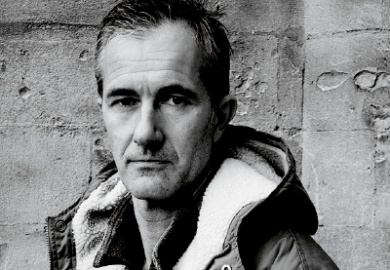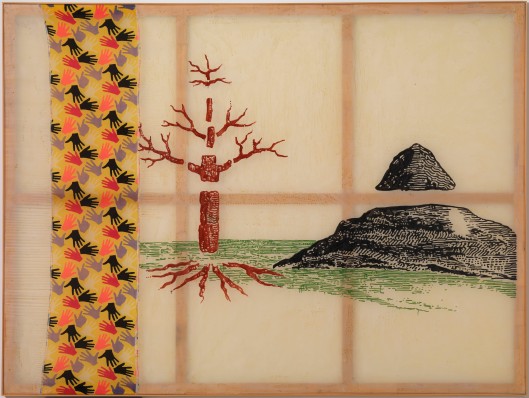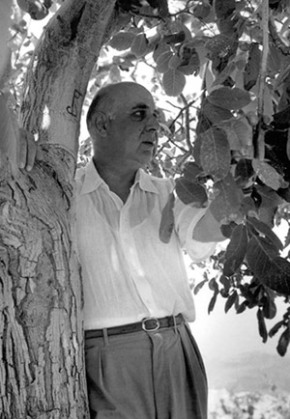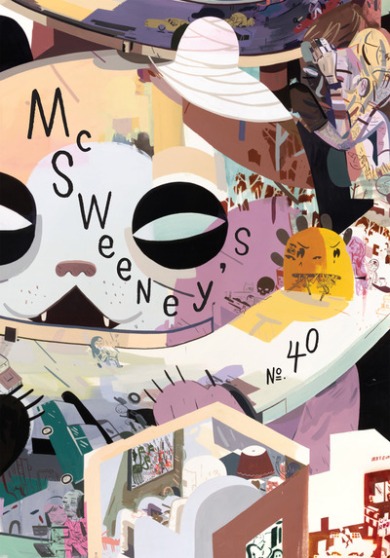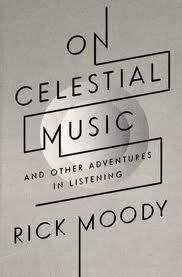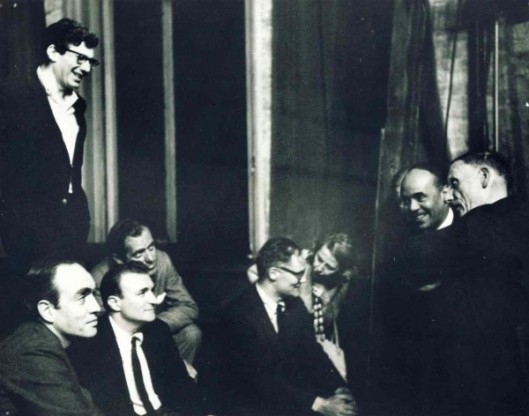
Lowell met Elizabeth Hardwick at Yaddo, the writers’ colony in Saratoga Springs, New York, in the summer of 1948. One of eleven children in a Kentucky family, Hardwick (born 1916 and married to Lowell from 1949 to 1972) loved Lowell with extreme devotion and, like Antigone with the aged Oedipus, was willing to sacrifice herself to protect him. Endlessly masochistic, she had a remarkable capacity for suffering and endurance. In Bartleby in Manhattan (1984), writing with Lowell in mind, Hardwick noted that the artist looks at his own “drunkenness, infidelities, vanities, madness . . . with a ruthless, acerbic intimacy,” but fails to notice their destructive effect on other people. Lowell used Hardwick’s harrowing personal letters in his penultimate book, The Dolphin (1973), written when they were estranged and italicized in his poems, though he knew that publishing them would humiliate and torment her. For Lowell, his art was worth her pain. Guilt-ridden and ruthlessly remorseful, he quotes her furious condemnation for wavering between herself and Blackwood, for being a hypocrite and not realizing the suffering he’d caused:
You can’t carry your talent with you like a suitcase.
Don’t you dare mail us the love your life denies;
Do you really know what you have done?

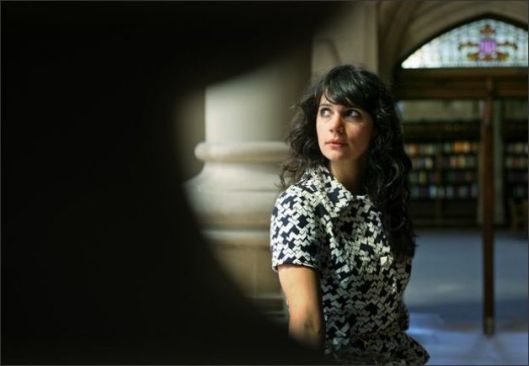
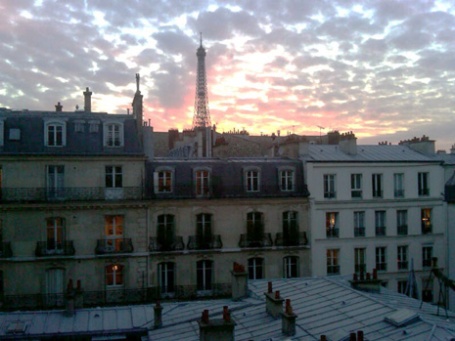
![WesthusingInquestFosl[1]](https://salmagundimag.files.wordpress.com/2012/10/westhusinginquestfosl1.jpg?w=529&h=687)
